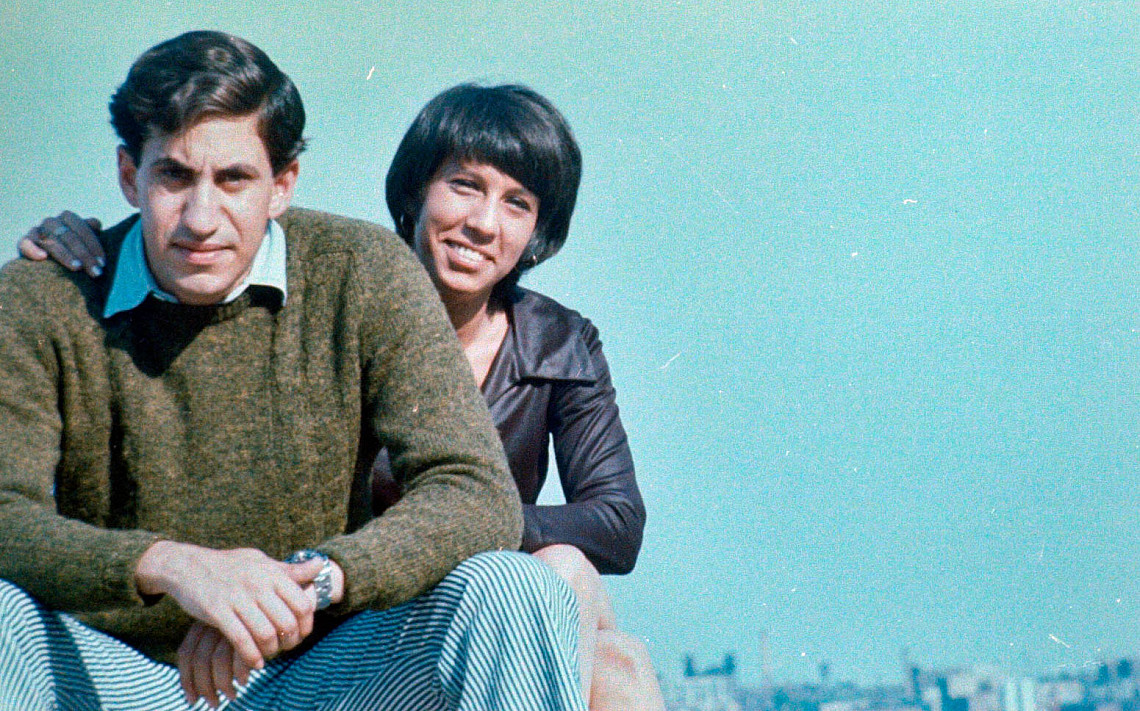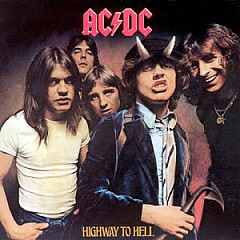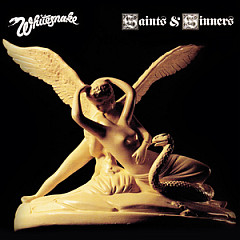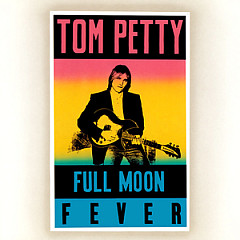 Jim and Ingrid Croce
Jim and Ingrid CroceCarl Wiser (Songfacts): Tell us about one of your favorite Jim Croce songs.
Ingrid Croce: "Operator" is one of my favorite songs. I think it's a pretty interesting song in the way in which it was composed. It's probably like a lot of songs of Jim's, but it's one that I think a lot of people relate to in a whole bunch of different ways. I just got an email from a young man who said that it was his favorite song - how people get to know about this music is so interesting.
Jim and I had gotten married in 1966, and we had been waiting for him to go in the service. He was in the National Guard, which he had joined with the hope that he would not be sent over, and he would be able to continue his education and his music career. So he signed up for the National Guard, and just as soon as we decided to get married – which was in August of 1966, the week before our little wedding, he got a letter that said that he would be leaving within two weeks for his National Guard service down in South or North Carolina. So he was leaving with a very heavy heart. My dad had been very ill and shortly after that passed away. We wanted to get married and have some time to be together after all those years of waiting.
And all of the sudden here he is National Guard, and Jim is not very good with authority. And he's in the south, and they were not very good with making pasta. He was missing good food, he was missing me, he was missing life in general. And he's one of the few guys I think who went through basic training twice. He really couldn't follow the system. He'd always find things that were funny. In fact, he put together a little a handbook in dealing with the service with a whole bunch of quotes of how to deal with people in the Army. But anyway, he was standing there in the rain at a payphone. He was listening to these stories of all these guys, the "Dear John" stories, that were standing in line waiting their turn in the rain, these green rain jackets over their heads – I can just picture it - all of them in line waiting for their three-minute phone call. Most of them were getting on the phone and they were okay, but some of them were getting these "Dear John" letters, or phone calls. I think that was one of the most important aspects of the song, because it was just so desperate. You know, 'I only have a dime' and 'you can keep the dime' because money was very scarce and very precious, and I think if you look at the words to the song there are so many aspects of our generation that are in it. Do you know, by the way, that they put out a Martin guitar with a dime in it?
 Songfacts: No, I didn't know that.
Songfacts: No, I didn't know that.Croce: Well, that's another little tidbit. Martin Guitars, when they decided to do a Jim Croce guitar, A.J. and I had talked to them and they said, 'You know, we want to do something really special in the guitar,' and they actually found mint dimes of the year that Jim had died – 1973 – it was one of those happenstances that occur. And in the neck of the guitar, I think it's on the third fret but I'm not quite sure, there is a minted dime that had never been circulated, in the head of 73 of the Jim Croce guitars. So this "Operator" was a really important song for a lot of people, including Martin Guitar. They wanted to really memorialize it. So "Operator, could you help me place this call?" I mean, I'm picturing Jim out in the rain and this long line of guys where they're really trying to reach somebody and they can't get them because you can't get through on those phones... do you remember that?
Songfacts: Oh, yeah.
Croce: It was hard to get through, so you always had the operator do it for you. Also, we used to work at this place called The Riddle Paddock, which was a bar out in Lima, Pennsylvania, and it was absolutely the wildest most unusual bar in that it had everything... the kind of people that would come there would be, like, sheepherders from the towns nearby that were from Australia, and then they'd have people that were from the mushroom paoli which I think was the center of mushrooms in the United States. And then they'd have your normal city folks that would come out to the Riddle Paddock.
All these people would hang there, it was a real bar atmosphere and people would come in every single night to hear Jim play. And most of the time he wouldn't repeat a song. You know, he had a repertoire of over 3,000 songs. So they would come, and many of them got to know Jim and me pretty well. They'd come and tell stories about who wasn't with someone that night, and so Jim would always sing a special song for them. I think that part of that story is kind of engaged in "Operator," where people would kind of break the relationship up. And we never knew who would go into the Paddock that night, because if Jim was playing they wouldn't want to see each other. So that's one of those sad kind of stories. I think that anybody can relate – everybody has to have their heart broken at least once or twice before they have a real relationship. And I think it kind of relates to that as well.
You can imagine how many operators over the years have said to me, "Are you any relation?" You don't get in touch with operators very much any more, but in the olden days when you'd call up and you'd say, "Can you help me?" "Oh, what's the name?" I said, "Well, my name is Croce." "Like in Jim? Oh, we just love that 'Operator.' Hey Sadie, this is Ingrid Croce – you know, Jim Croce's widow. And oh, we just love that song so much. He wrote it for us, we know he did." I mean, from every aspect the song is truly Americana. And I think it really hits all generations.
Songfacts: That's a great story. Can you tell us about "Bad Leroy Brown"?
 Croce: You may not know this – Jim sold air time for a radio station. When he got out of college, his parents wanted him to get a good 9-to-5 job. We had always intended to do music, but he'd had a college education and the first to graduate from his family with a college education, they wanted him to become a professional, to do something that would get a pension - good solid work.
Croce: You may not know this – Jim sold air time for a radio station. When he got out of college, his parents wanted him to get a good 9-to-5 job. We had always intended to do music, but he'd had a college education and the first to graduate from his family with a college education, they wanted him to become a professional, to do something that would get a pension - good solid work.So Jim went out and he got a job helping me to get through school. He started selling air time in a really shady area down in south and west Philadelphia. And he used to go to some of these pool halls to sell the air time, because it wasn't a very good neighborhood. I think Froofy was the name of the guy that he had tried to sell some air time to. But in the meantime he would sit there and watch the pool games and see what people were doing. And he ended up with a guy named Jim Walker, he was one of the guys who used to play pool there. And that's really the story behind it: he used to hang out at these bars, or any of those little shops down on South Street and down in west Philly where it really was quite unacceptable for him to be trying to sell air time.
But it was one of those things where he was hoping someday he could actually bring his music to the radio, so he thought it might be a good way to get going as a salesman. And then later he met a guy whose name was Melvin Goldfield. Melvin was an artist, and he grew up in areas like that, and Melvin used to take him down to the dumps down in south Philadelphia and tell him all kinds of stories that went on down there, and introduced him to a lot of the guys. And Jim actually did run into this guy, Big Jim Walker, pool-shootin' son of a gun. So that story really comes out of that experience and he kind of put the story together.
I think that often in Jim's songs there's a composite situation. But when he sat down to write, usually the song would come out altogether. I mean, there might be a verse that he'd add later, but usually he'd sit down and play - I've got hundreds of tapes of Jim performing - playing at home and the two of us singing, or just having friends over and singing, whether it was the Manhattan Transfer, James Taylor, Arlo Guthrie, Bonnie Raitt... people that just come over and we'd hang out and sing. And it was very comfortable to just put everything down on tape back then. People weren't as worried about who wrote the song as they were about writing it.
So this particular song, "You Don't Mess Around With Jim," "Time In A Bottle," about 1/3 to half the songs on the first album that Jim did came out as the result. It was 1971, and we had just moved back from New York, which was the song "New York's Not My Home," and we had moved into a little farmhouse. We had really no money to live on, we'd left New York very discouraged that our music hadn't made it on our first album. And so Jim got a job driving a truck and I was doing pottery in a little farmhouse. And one day we found out that we were going to have a son. Well, we didn't know it was a son. And Jim's background was such that he had to be very responsible, a really strong Italian family where the eldest son had some responsibility to be an example. So when we found out that we were going to have a child, he realized it was his last chance to make it in the music business. He sat down at the table and he wrote "Time In A Bottle," and "You Don't Mess Around With Jim," and at least two or three other songs from the first album. And he put them all down on one little cassette and sent them out, and that was the beginning of his career, really, in terms of songwriting and acceptability and acknowledgement and celebrity. Songs can come - songs can change people's lives, whether they're writing them or they're listening to them.
Songfacts: Are Leroy Brown and the Jim from "Don't Mess Around With Jim" the same guy?
Croce: No. Leroy Brown is a guy that he actually met. In fact, we've had many Leroy Browns come into Croce's. I have a lot of staff members that come up to me and say, "There's a guy named Leroy Brown, he kind of looks like the part. And he's sitting at our bar right now." I say, "Well, I'll be glad to come over and say hi." But there's so many Leroy Browns who have come up to me and said, "I'm sure I'm the one he was talking about." But he had met a guy when he was in the service – again, National Guard – and this guy had gone AWOL. He was a guy that Jim kind of related to, he liked to sing with him. But this guy had gone AWOL but he came back to get his paycheck.
Songfacts: Oh my gosh.
Songfacts: Was his name really Leroy Brown?
Croce: Yes, it was.
Songfacts: Oh, wow.
Croce: Yeah, there really was a Leroy Brown. And, you know, sometimes having a name helps you to build a song around it, you know.
Songfacts: So "Don't Mess Around With Jim" is Jim Walker?
Croce: Yep, Big Jim Walker.
Songfacts: All right. One song that Jim didn't write, but I always wondered how he ended up recording it, was "I Got A Name."
Croce: Well, actually, it was for a movie. I think it was The Last American Hero. It was written by Norman Gimbel and Charles Fox. They were wonderful guys, really nice people. Jim had been selected to sing this song for this particular movie. Beau Bridges was in it. So Jim went into the studio, it was really unusual because he used to sing everybody's songs. He loved to sing everything from the Beatles to Bessie Smith, you name it. But he really enjoyed this opportunity, because he went into the recording studio and it was a little awkward for him not to hold his guitar – his guitar is kind of like a bar for the bartender, having that prop between him and the audience was just a real security. It made him feel very comfortable.
So putting down the guitar to sing, just to sing the song in the studio, was a very unusual thing for Jim. And he thoroughly enjoyed it. It was a brand new start for him in some ways, you know, to use his vocals in a different way. And even for me, I think it's one of the most powerful songs he does on that album for sure. I loved it. And so he just really loved the song, they used it for the movie, and more people think he wrote that song. And you'd be surprised, most people don't separate - because Jim's music, his songs were so - he made them hits, whether he sang something from the '30s or '40s or he sang one of his own. First of all his voice was so unique - the timbre in his tone and his warmth and his generosity, everything came through that voice. So when he took a song, he'd make it his own, and I think he did a great job with "I've Got A Name." So many people like to think of Jim with that song that I hate to tell them it isn't his.
Songfacts: Ingrid, I really do appreciate your time.
Croce: Well, you know, it's wonderful, because people need to have these songs in their lives. And the younger generation – now it's three generations – are coming into Croce's and telling me how much Jim changed their life, or this song changed their life. Of course once they walk in and see the photos, it's kind of fun. It's a wonderful tribute, because Jim was just such a hospitable person, he loved to give to people. Very generous, so this is a great tribute. And I thank you so much for putting his music on your site.
May 1, 2007, updated July 23, 2020, photos courtesy of Ingrid Croce, from her collection.
From 1985-2016, Ingrid ran Croce's Restaurant & Jazz Bar in San Diego. She is also an accomplished artist; see her work at ingridcroceart.com.
More interviews:
Charles Fox
Terry Cashman
Bill Medley
More Songwriter Interviews











